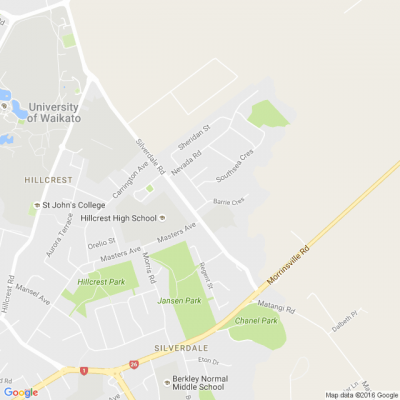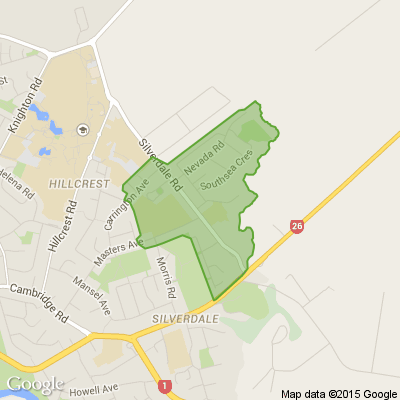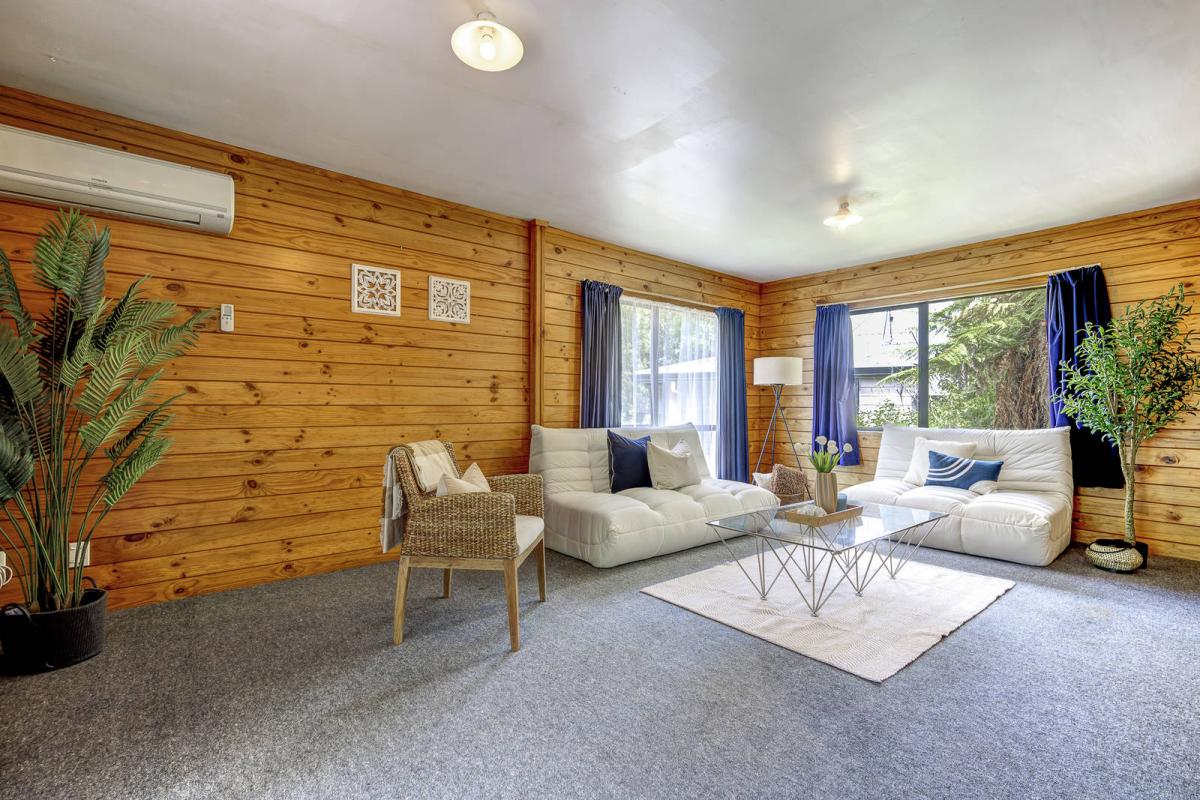EarthDiverse Term 4 History courses:
EarthDiverse is pleased to announce its newest series of History courses! We're offering two new courses in this series:
1. A History of Death (Weds 11am-1pm beginning 21 Oct):
This series of 8 talks explores, historically, the subject of death from the perspective of several different disciplines: religion (both traditional and contemporary), philosophy, art, literature, music and film. Lots of discussion too!
2. An Introduction to European Art History:
(Tuesdays 7-9pm beginning 20 Oct):
If you have always wanted to find out more about the major époques of European art and to identify major styles of architecture, sculpture and painting, this course is for you.
Our eight weekly sessions are aimed at participants with little or no previous knowledge. From the ancient Greeks to the post-modern era, we use exemplary artwork to analyse major trends in Western art. The art objects are analysed and discussed within the context of important historical and social developments. Participants learn to identify buildings and visual art from e.g. the Romanesque, Gothic, Baroque, Georgian, Classicist and Modernist styles on the basis of their typical features.
All of our courses are offered both as in-person adult-education classes in Hamilton, with live-streaming distance-learning options and the ability to watch the video recorded sessions at a time of your choosing to allow you to study at your own pace.
Our courses rotate regularly so there's always something new and interesting. New Māori and Aotearoa New Zealand History courses are coming in 2021 Term 1, so stay tuned!
For more information on our History classes, and our other Language, Religious Diversity, and World Mythology courses, please see our website.

Neighbourhood Riddle Duel: Who Will Guess First?
There are three playing cards in a row. Can you name them with these clues?
There is a two to the right of a king.
A diamond will be found to the left of a spade.
An ace is to the left of a heart.
A heart is to the left of a spade.
Now, identify all three cards.
Do you think you know the answer to our daily riddle? Don't spoil it for your neighbours! Simply 'Like' this post and we'll post the answer in the comments below at 2pm.
Want to stop seeing riddles in your newsfeed?
Head here and hover on the Following button on the top right of the page (and it will show Unfollow) and then click it. If it is giving you the option to Follow, then you've successfully unfollowed the Riddles page.

🎄Let's get festive 🎄
If you've decked your halls with all things jolly, we think it deserves to be shown off!
Share a photo of your home in its Christmassy glory and be in to win a spot prize. Some of these entries will be chosen as a finalist for the grand title of NZ's Merriest Home which Neighbourly members can vote on!
Entries close Sunday, 15th of December so share a photo today 📸

What's your favourite recipe for courgettes?
Kia ora neighbours. If you've got a family recipe for courgettes, we'd love to see it and maybe publish it in our magazine. Send your recipe to mailbox@nzgardener.co.nz, and if we use it in the mag, you will receive a free copy of our January 2025 issue.







 Loading…
Loading…











